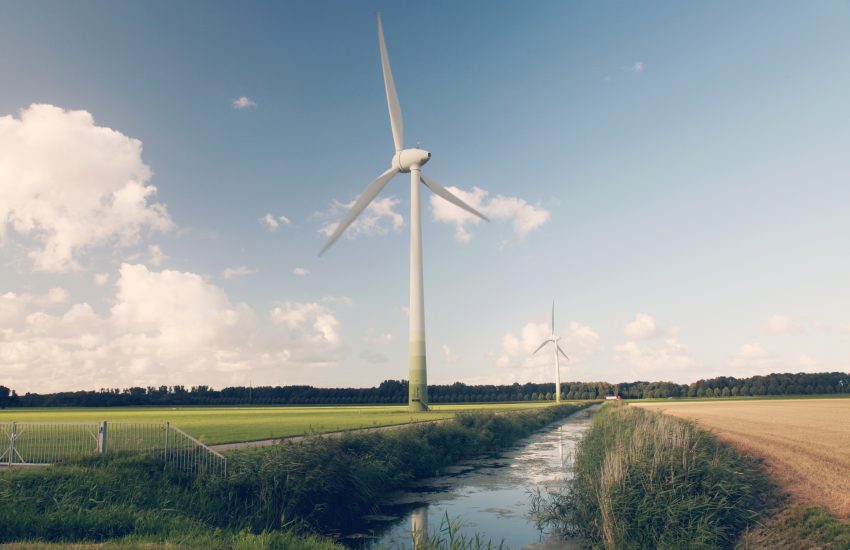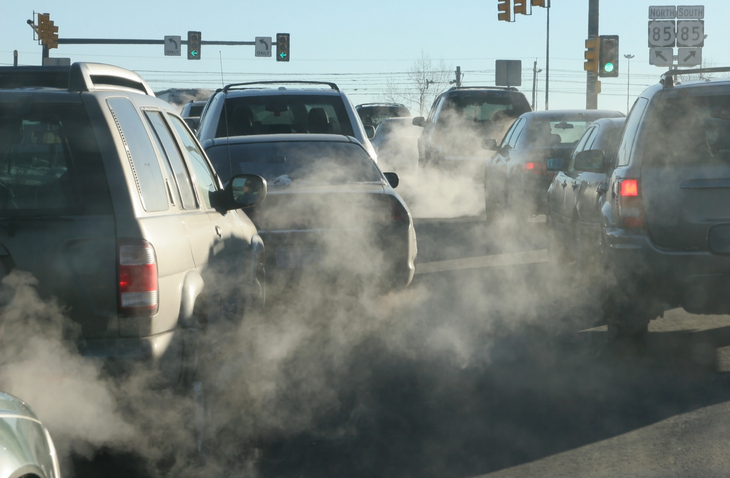In what has been earmarked as the largest government enforcement PFAS action to date, California’s attorney general last month filed an historic lawsuit against more than a dozen per-and polyfluoroalkyl substance (PFAS) manufacturers – as well as “John Doe” PFAS manufacturers – seeking equitable and financial relief for purported statewide pollution to the environment and harm its residents.
While there are thousands of PFAS compounds subject to scrutiny, the California AG’s lawsuit seeks damages related to only seven of the more commonly known compounds: PFOA, …
Continue Reading









